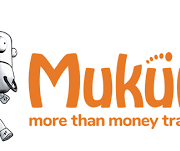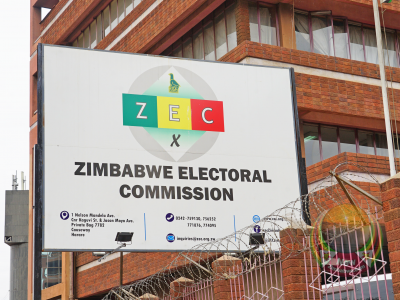The tax regime is expected to trigger massive price hikes; with the Grain Millers Association of Zimbabwe (GMAZ) predicting that bread will be sold for US$2 in January 2024.
GMAZ highlighted that excluding maize meal, wheat flour, bread and salt from the Finance Minister Mthuli Ncube’s Value Added Tax (VAT) exempted goods list in next year’s budget would significantly impact food security.
Ncube’s proposed policies which if approved will take effect on January 1, 2024, are littered by taxes that have been heavily criticised.
“The Tax law that existed before this budget recognised that basic food commodities such as maize meal, wheat flour, bread, and salt are critical goods needed for the sustenance of life and must be affordable to all households. The intention of the legislature in VAT zero rating these commodities was to ensure that they remain affordable to the generality of Zimbabweans,” said GMAZ President Tafadzwa Musarara.
“The Minister has reversed this provision and only limits the VAT exemptions to sanitary pads, medicines to exports, agricultural inputs, etc. Sanitary pads are very important to our women, but maize meal and wheat flour are more important.”
VAT is calculated at 15 percent of the actual price.
Added Musarara: “The peremptory interpretation of this proposed measure is that with effect from 1 January 2024 basic commodities such as maize meal, wheat flour, and bread (which were previously VAT exempted) will be liable to VAT, and therefore, shall go up by at least percent.
“The prevalent aggregate demand levels cannot afford such an increase and sustain the current consumption volumes. Food security, at the household level, will be threatened.
“Bread, for example, will not only go up by 15 percent from the current US$1 per loaf price to US$1.15, but due to unavailability of US dollar coins, it will be rounded up to US$2 as retailers will force consumers to buy other small items such sweets, snacks, bottled water, etc.”
Ncube tightened government spending and increased revenue by announcing a raft of taxes that include a 1 percent tax on residential houses worth US$100,000 or more, a hike in tax on un-beneficiated lithium from 5 percent to 6 percent, and an increase of corporate income tax rate from 24 percent to 25 percent










Comments